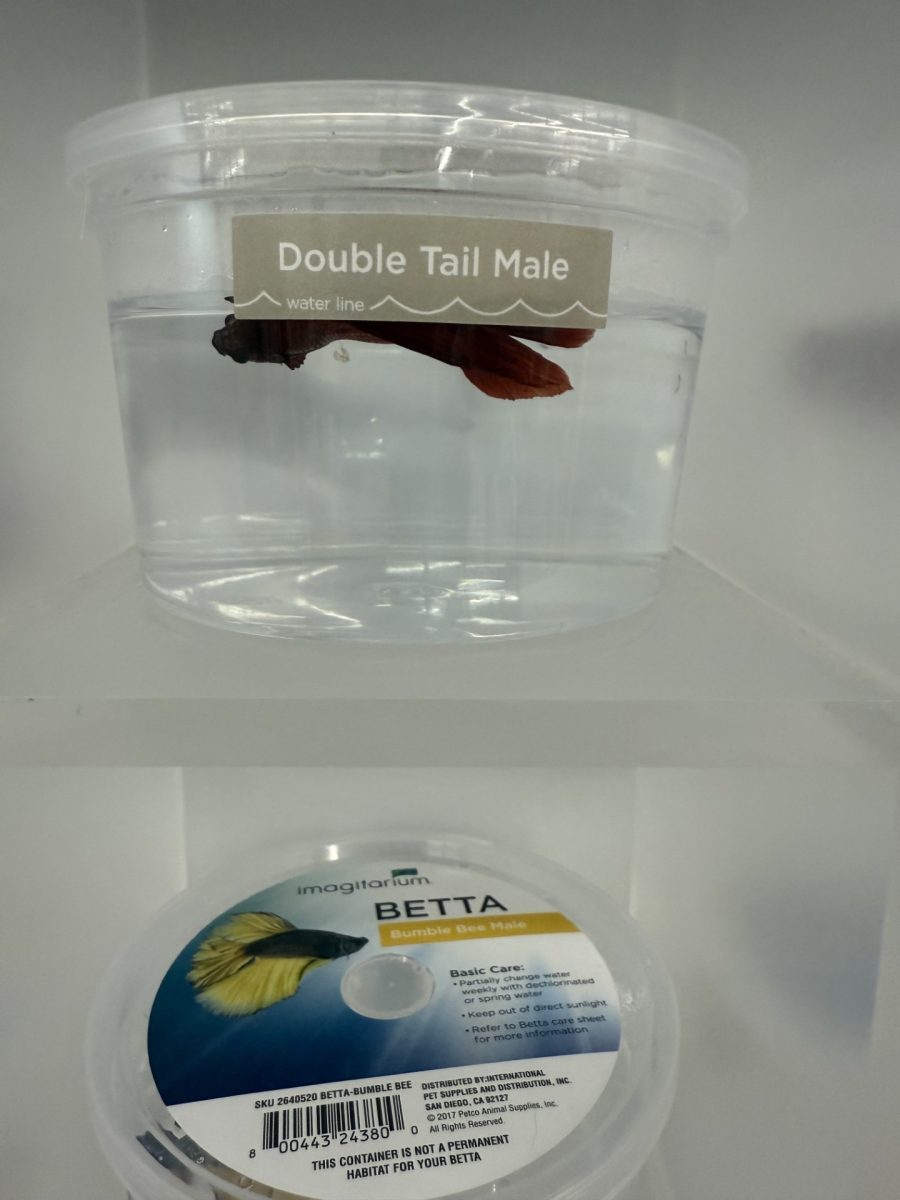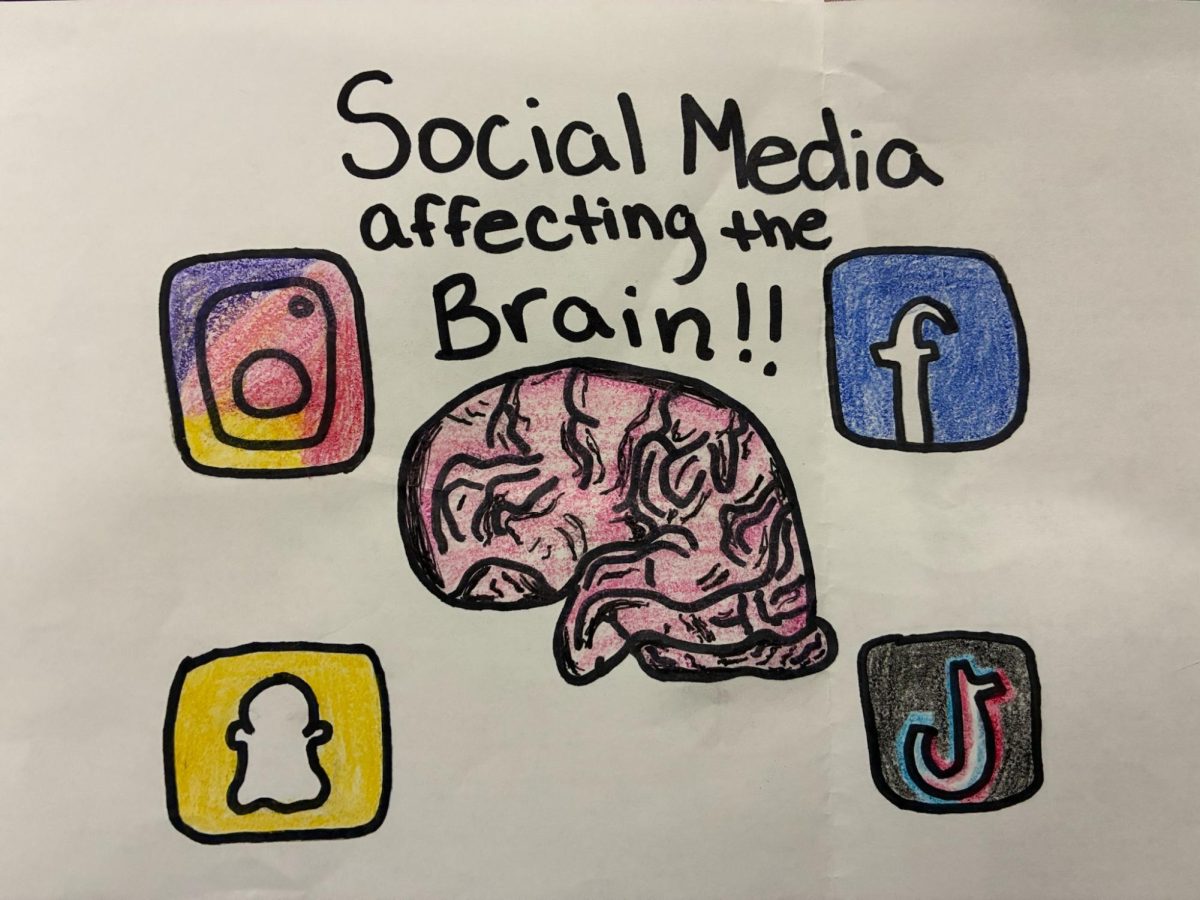Pets play a big role in most people’s lives. Pets provide people with companionship, lasting memories, comfort, and joy; despite their importance, however, many pets—or future pets—are suffering from mistreatment in many different forms. Abuse, neglect, overfeeding, underfeeding, abandonment, etc; it is heartbreaking to consider the unjust treatment of living things who are completely dependent on us for their well-being. Many of these issues won’t change unless they are brought to attention. What factors contribute most to the mistreatment of our beloved companions?
Surge in Popularity
Pet ownership in the United States is extremely high—the leading country in pet ownership. The number of pet owners has only increased over the years. An article on dogster.com about pet ownership statistics shows a significant rise. “In 1988, only 56% of U.S. households owned a pet. By 2024, that number has risen to 66%.” That’s a 50% increase in under 40 years. What is the cause of this boom in pet ownership?
The Pet Industry
A major factor in the increase of pet ownership—and by consequence a contributor to pet mistreatment—is the growth of the pet retail industry. PetSmart, a leader in the industry, opened its first stores in the early 1980s, around the same time pet ownership began to surge, and not by coincidence: the rise of pet retail has made adopting a pet as easy as buying groceries. Availability doesn’t contribute to mistreatment on its own, though.
Misconceptions
For example, many pet stores label animals according to their “ownership level” to prevent people from buying exotic pets, like chinchillas or ferrets, that require a decent amount of experience. This helps people understand not all animals are entry level- but it also creates the misconception that some pets are “easy” to care for. There is no easy pet. Yes, some animals may have more basic needs. Every animal has its specifics, like diet, exercise, and interaction that might not fit every person’s lifestyle/schedule. Additionally, PetSmart prices pets in a way that further pushes the idea that certain animals, like small rodents and birds, are easy to care for.
Store Supply
In order to keep business efficient, stores sell lower quality products at a cheaper price. This can be observed when looking at supply quality in pet stores. While there are some enriching products, they are far outnumbered by cheaper, subpar toys and supplies that are easier to make and sell. For instance, in the avian aisle, many toys are just colorful blocks of wood on colorful ropes- either too large or too hard for the size of birds the store sells to enjoy. Another example is the perches. Many PetSmart cages, another example on its own, come with perfectly cylindrical, plastic perches that are uncomfortable and unnatural for birds. The lack of texture can lead to health complications in birds’ feet, like sores or arthritis. While healthier, more natural perches are made available, the supply of cheaper, both in quality and price, supplies impress the idea that these subpar supplies are the standard, and discourages the purchase of supplies that best support the birds’ needs. Many pet owners are influenced by this and opt for the cheaper products. Pet stores in general often create the opportunity for people to choose convenience over the well-being of the pets they sell, instead of only supplying the standard to ‘force’ people to give pets what they deserve.
Support of Cruelty by the Industry
While PetSmart generally meets basic housing standards, there’s one significant exception: fish. Specifically, goldfish and bettas- the two most popular pet fish—are subjected to poor conditions. Goldfish are often kept in overcrowded tanks that don’t meet the necessary size requirements. The waste produced by so many fish in such a small space creates unhealthy water conditions, leading to sickness or death. These fish are often sold as food for larger animals, but that doesn’t excuse their mistreatment; especially considering they can potentially make the animals consuming them ill. Outside of that, though, these living creatures deserve our respect.
Bettas are subject to even worse conditions- probably the worst conditions any animal faces in a store. Most pet stores house them in tiny plastic containers with less than 12 ounces of water— less than an average water bottle. Bettas are frequently marketed as “easy to care for” and can be seen in small tanks that don’t meet their needs. These small tanks are common in offices, dorms, and classrooms, often divided into sections to house multiple fish, further limiting the fish’s space. Male bettas are aggressive towards each other, and are the majority of bettas sold due to their preferred coloring and fin size, meaning when housed near each other they become distressed. Bettas are extremely popular, but their care requirements are minimized.
Partnership with Animal Mills
PetSmart and other pet stores don’t breed their own animals. The majority of animals sold come from animal mills, where conditions can be horrific. The demand for pets is so high that mills often keep animals in unsanitary, cramped conditions, minimizing the needs of the animals to boost production rate. By consequence, these poor animals are left sick, malnourished, injured, or even dead. An example of this is an investigation by the U.S Department of Agriculture on Holmes Farm- a former supplier of many types of rodents to large pet retail stores like PetSmart. An article on PETA over the release of the investigation’s findings gives insight to the horrors hidden from the public eye: “In May 2016, the USDA’s initial findings were released, listing at least 117 violations of 14 different federal laws, including 36 animals in need of veterinary care, decomposing animals in bins with live animals, a free-roaming cat near bins holding guinea pigs, an ammonia stench so strong that it burned federal agents’ eyes and noses,” and statements by Holmes Farm staff that they had learned to kill unwanted animals “on the internet”. Besides the fact that this treatment of living creatures is cruel and inhumane, animals at mills are produced to be sold at stores; since they are in such horrible environments, many of the animals sold are sick or injured. The article highlights the reality many of the animals face: “When Petco, PetSmart, and other stores returned sick, injured, or unwanted animals, the animals often went for days without water. One rabbit arrived alive at a store, which turned the animal away. The rabbit died en route back to Holmes Farm.”. Since its investigation back in 2016, pet stores have denounced partnership with Holmes Farm, and it was forced to shut down shortly after.
The conditions in these mills are a direct result of the overwhelming demand for pets. Animal mills, in their drive to meet this demand, often subject innocent animals to the conditions observed on Holmes Farm. Mistreatment stems outside of the industry, too.
Qualification
Something that inadvertently leads to the mistreatment of animals is that there’s no standard process to ensure an individual is qualified to own a pet. This contributes to mistreatment in many ways. People often adopt animals without considering the long-term commitment. This is known as impulse buying, and has become an issue as pets gain more traction in social media. Impulse buying is a common occurrence that leaves pets in a household unfit or unwilling to care for them, or worse. For example, an individual impulsively buys a puppy after seeing a cute video online, after a couple of weeks, they realize the puppy doesn’t fit their lifestyle and surrender it to a shelter, or dump the animal on the side of the road. The puppy in this example has done nothing wrong, and is now left traumatized and to fend for itself.
Qualification is crucial. Although pet stores should do more to enforce the responsible purchase of animals, there isn’t much they can do once the animals have been taken home. It is up to owners to inform themselves and prepare for adjustments necessary to care for their animal of choice. People who don’t have the time or physical ability to care for a pet, or those with a history of animal abuse, shouldn’t be able to adopt or purchase animals so easily. To help support responsible adoptions, stores can include education on pet care, background checks, screenings, and individuals capable of offering advice to prospective pet owners.
Misinformation and Lack of Information
Perhaps the biggest issue of them all is regarding information. Many people are unaware of the conditions in animal mills. Some people are unaware that they are subjecting their pets to stressful conditions, or an unhealthy lifestyle. Some people think they’re taking good care of their pets when, in reality, they’re not meeting their companion’s needs. Educating the public about the true care requirements of pets could go a long way in reducing abuse and neglect.
Mistreatment is everywhere in the world of pet ownership, intentional or not. There are changes that must be made, and changes that are already being made. Petco, another leader in the pet retail industry, agreed to stop selling large birds and exotic parrots in 2005. PetSmart has made a commitment not to sell dogs or cats, and instead partners with local shelters to bring fostered dogs and cats to customer eye. Animal mills have and are continuing to be shut down by organizations advocating for animals, and individuals are bringing about reforms to the pet industry by voicing out their concerns and advocating against cruelty. Content creators on social media and special websites offer quality information and supplies for pets. The more informed we are as whole, the more awareness can be spread to ensure the well-being of pets, after all, they are dependent on us.









